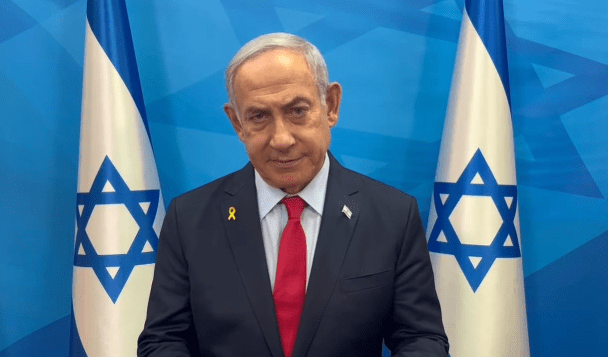German President Frank-Walter Steinmeier has advised caution in response to the International Criminal Court’s (ICC) arrest warrant for Israeli Prime Minister Benjamin Netanyahu, emphasising the importance of upholding international legal principles without provoking legal tensions.
Speaking to Deutschlandfunk radio, Steinmeier stressed Germany’s commitment to international law, stating, “We, in particular, should make the international legal order part of our own identity.” However, he subtly warned against putting Germany in a position of direct conflict with the ICC.
“This is a plea not to ignore international law but to avoid testing it in this case,” he said. The comments, made in an interview scheduled for broadcast on Sunday, were released in advance by the German news agency DPA.
The discussion comes amid controversy surrounding newly elected Chancellor Friedrich Merz, who earlier this year suggested Germany might bypass the ICC warrant. Merz had remarked that Berlin “would find ways and means for him to visit Germany and leave again without being arrested.”
He added, “I think it is a completely absurd idea that an Israeli prime minister cannot visit the Federal Republic of Germany.”

The ICC has issued a warrant for Netanyahu on allegations of war crimes and crimes against humanity, including the use of starvation as a weapon of war. As a signatory to the Rome Statute, Germany is legally bound to comply with the court’s decisions, including executing warrants.
Further complicating matters, the European Union has flagged concerns over Israel’s conduct in the Gaza Strip. A recent report by POLITICO revealed that EU officials believe Israel may have breached human rights obligations outlined in its association agreement with the bloc.
The issue has placed Berlin in a precarious diplomatic position, balancing its support for international law with its long-standing relationship with Israel. Steinmeier’s comments appear aimed at steering Germany away from a legal and political confrontation that could undermine its global standing.
As debate continues within German political circles, the country’s approach to the ICC warrant will likely remain under scrutiny both domestically and abroad.






